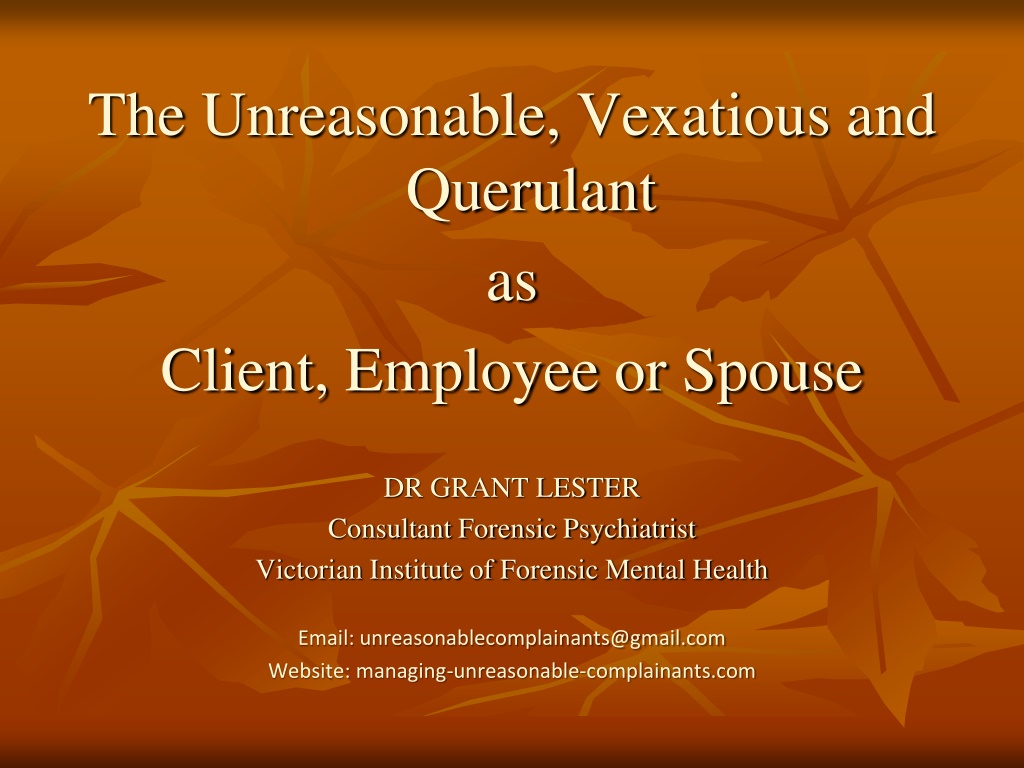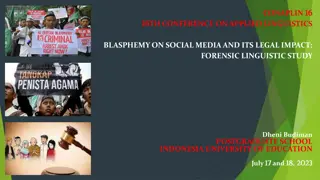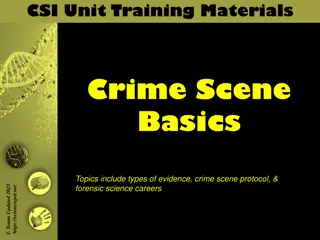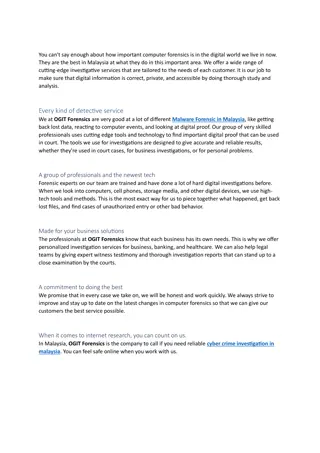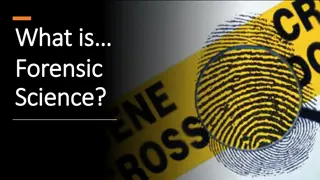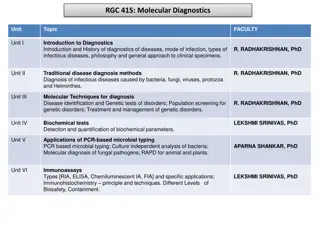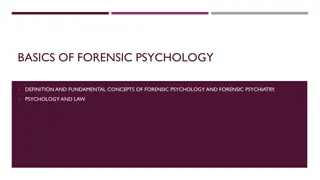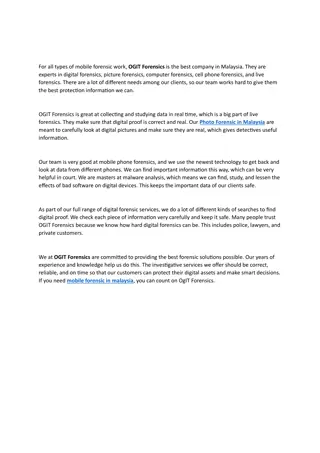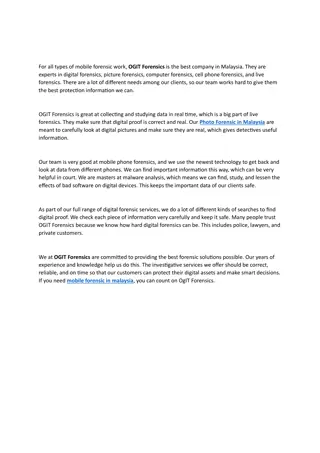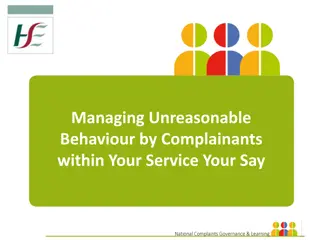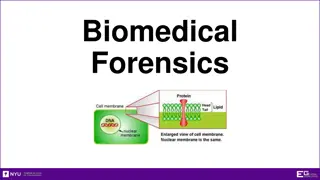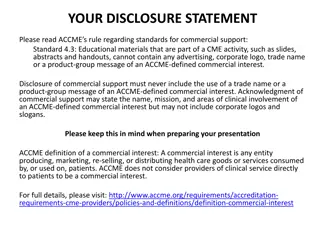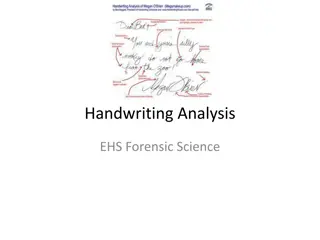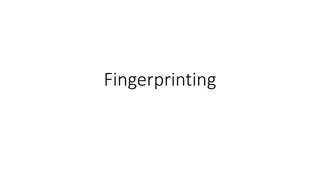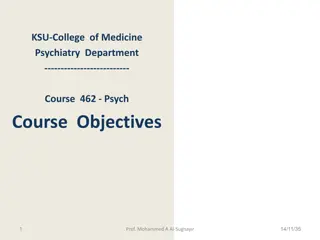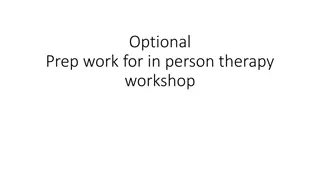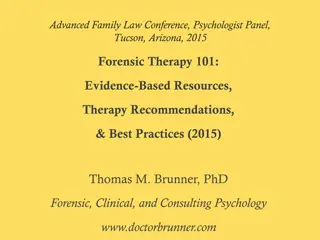Understanding Unreasonable Complainants: A Forensic Psychiatry Perspective
Explore the spectrum of complainants, from normal to unreasonable and querulant, as discussed by Dr. Grant Lester, a consultant forensic psychiatrist. Learn about the behaviors and characteristics of vexatious litigants, obsessive personalities, and those with pre-existing schizophrenia. Gain insights into managing such individuals in various settings, including the courtroom and personal relationships.
Download Presentation

Please find below an Image/Link to download the presentation.
The content on the website is provided AS IS for your information and personal use only. It may not be sold, licensed, or shared on other websites without obtaining consent from the author. Download presentation by click this link. If you encounter any issues during the download, it is possible that the publisher has removed the file from their server.
E N D
Presentation Transcript
The Unreasonable, Vexatious and Querulant as Client, Employee or Spouse DR GRANT LESTER Consultant Forensic Psychiatrist Victorian Institute of Forensic Mental Health Email: unreasonablecomplainants@gmail.com Website: managing-unreasonable-complainants.com
COMPLAINANTS THE SPECTRUM OF COMPLAINT NORMAL UNREASONABLE QUERULANT (MORBID COMPLAINANT) SECONDARY TO MAJOR PSYCHIATRIC ILLNESS THE UNREASONABLE AND VEXATIOUS LITIGANTS IN COURT MANAGEMENT PRINCIPLES IN THE OFFICE
Querulant (morbid complainant) Relentlessly driven by a pursuit of justice , their complaints cascade in type and target over years and secondarily devastate their own lives. Vexatious Litigant institute legal proceedings, habitually, persistently and without reasonable grounds. Unreasonable Complaint Behaviours- vexatious complaint, demanding, persistent, uncooperative or aggressive (anger, intimidation, threats and violence) behaviour.
The Normal Complainant Aggrieved and seeking legitimate redress Proportionality and perspective maintained i.e. values other life domains. Focus and specificity maintained. Able to negotiate and accept reasonable settlement.
The Unreasonable Complainant Emotional and easily angered. Language of being victimised . Entitled and over-optimistic expectations of compensation. Difficult to negotiate with and rejecting of all but their valuation. Though persistent, demanding and occasionally threatening will ultimately settle though still complaining of injustice (maintains some proportionality).
The Unreasonable Complainant OBSESSIONAL PERSONALITY. NARCISISTIC PERSONALITY. PARANOID AND CHRONIC GRUMBLERS. DISHONEST AND GREEDY.
CLAIMS ARISING FROM PRE- EXISTING SCHIZOPHRENIA Aggrieved by persecution and loss. Claims arise totally or in part from the delusions and hallucinations associated with a pre-existing schizophrenic illness. Claims often bizarre. Nature of claim usually in constant flux Often impossible to define let alone resolve the claim
THE QUERULANT (MORBID COMPLAINANT) Querulants are not born, they GROW. Worst ages ages 40 s to 60 s, Men:Women 4:1, no crime, drugs or psychiatric illness. Listen for victimization, persecution and finally loss. Communications; multi-modes, voluminous, over emphasised, legalistic and often contain threats. Relentless and prolonged Pursuit of Justice . Inflexibly focussed on grievance but if offered total compensation will extend complaints. Openly seeking compensation, secretly wanting punishment of others and vindication of self.
STUDIES ON THE DEVELOPMENT OF THE QUERULANT Personality mix; Obsessional, Narcissistic and Paranoid. Ageing; Can t accept mortality, loss of power and non accomplishment. To start to hate for ever, the chances for love must appear to be disappearing . Life Events; Marital break up/custody issues, Educational or career setback e.g. failure, negative evaluation, dismissal or lack of promotion, Physical or psychological injury or illness.
THE QUERULANT IN COURT Voluntarily self-represented . It is a moral issue hence emotionally labile, self righteous and indignant. Legally Hyper-competent yet disorganised and seeking adjournments. A wearisome diffuseness of conversation and argument leading to Bower Birding. Magna Carta, Constitution, Natural law, International Covenant on Civil and Political Rights, Bill of Rights 1688 (UK). Websites, Support Groups, McKenzie Friend and Marriage.
The Querulant and the Law Lester G, Wilson B, Griffin L, Mullen P. Unusually persistent complainants. The British Journal of Psychiatry, 2004, 184: 352-356 Lester G. The Vexatious Litigant. Judicial Officer s Bulletin 2005 April Vol 17, Nos 3, 17-19 Lester G, Smith S. Inventor, Rascal, Crank or Querulent? Australia s Vexatious Litigant Sanction 75 years on. Psychiatry Psychology Law 2006 Vol 13 Nos 1, 1-27 Mullen P, Lester G. Vexatious Litigants and Unusually Persistent Complainants and Petitioners: From Querulous Paranoia to Querulous Behaviour. Behavioural Sciences and the Law, 2006, Vol 24, 333-249 Levy. B. From paranoia querulans to vexatious litigants: a short study on madness between psychiatry and the law. Part 1. History of Psychiatry.Vol. 25(3) 299 316, 2014 Meads v. Meads, 2012 ABQB 571 (CanLII) Organized Pseudolegal Commercial Argument [ OPCA ] Litigants J.D.Rooke, Associate Chief Justice, Court of Queens Bench, Alberta, Canada (736 paragraph Judgement on a matrimonial case)
Management Complaining to or about you or your organisation. Management of Unreasonable Complaint behaviour. (a combination of administrative techniques and threat assessment i.e. Containment and Safety)
In the Office Seventh: Record fact not opinion. First: You will struggle. Second: Recognise the 5 V s (victimised, voluminous and vague communications, variable demands, seeks vindication). Eighth: Maintain your and others safety. Ninth: Never personalise encounter. Third: Maintain focus for yourself and them. Tenth: Don t review just because they are unhappy. Fourth: Don t escalate. Eleventh: Manage ALL threats and aggression. Fifth: Don t over service. Twelfth: You will struggle. They will complain. Be not dismayed. Sixth: Contain i.e. record, discuss, respond.
